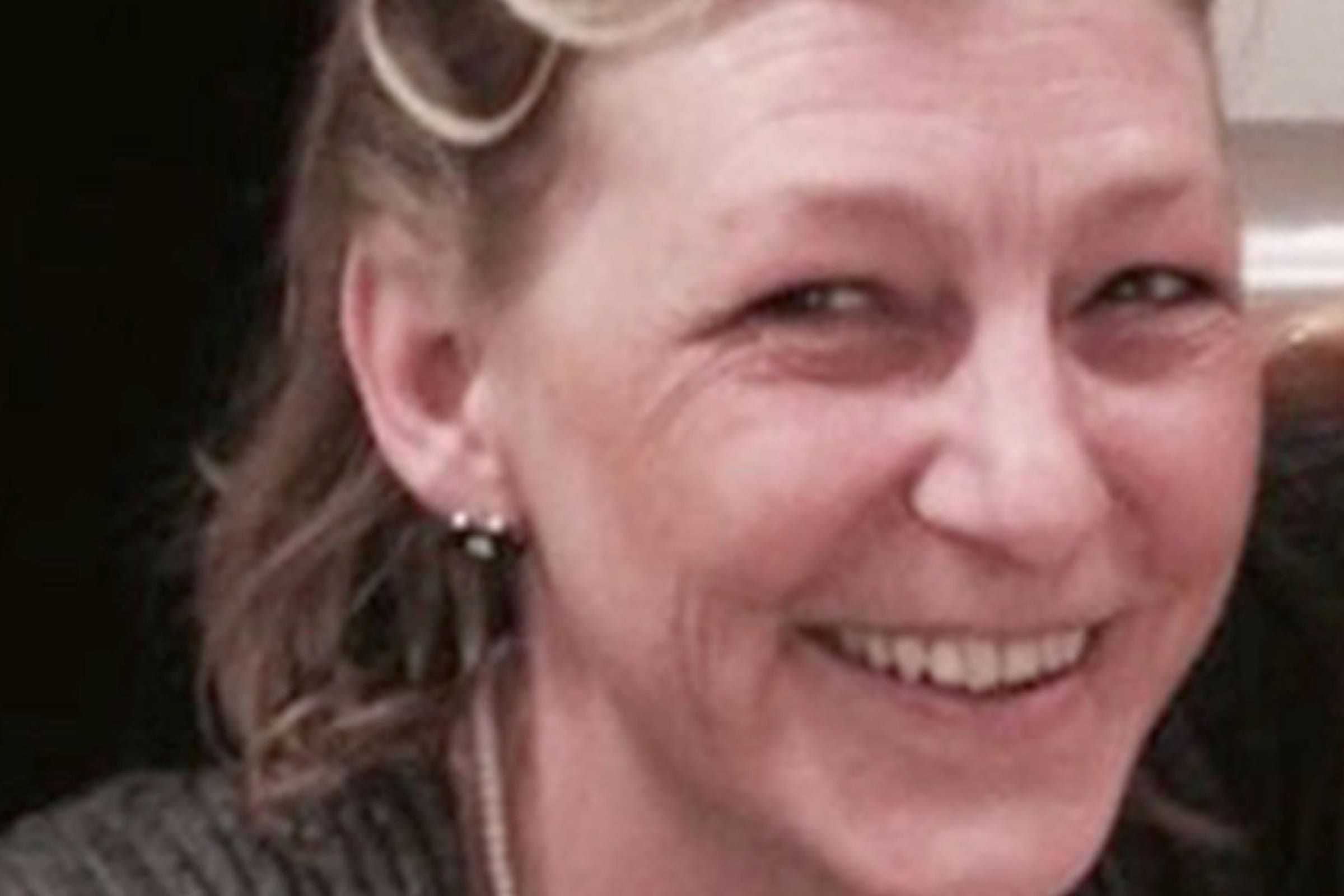Former spy and daughter may give evidence at Salisbury poisonings inquiry
Dawn Sturgess, 44, died after being exposed to the chemical weapon which was left in a discarded perfume bottle in Amesbury, Wiltshire, in July 2018.

A former spy and his daughter, who were poisoned by deadly nerve agent Novichok, may give evidence in-person at the Russian-state Salisbury poisonings inquiry, a preliminary hearing has heard.
Dawn Sturgess, 44, died after being exposed to the chemical weapon which was left in a discarded perfume bottle in Amesbury, Wiltshire, in July 2018.
It followed the attempted murder of Sergei Skripal, his daughter Yulia and ex-police officer Nick Bailey, who were poisoned in nearby Salisbury in March that year.
The safety of the Skripals is paramount
All three survived, as did Ms Sturgess’s boyfriend Charlie Rowley.
On Friday, a preliminary hearing for the Dawn Sturgess Inquiry at the Royal Courts of Justice heard that Mr Skripal and his daughter may give oral evidence later this year.
Michael Mansfield KC, representing the family of Ms Sturgess, said this was because transcripts from police interviews with the Skripals had not been disclosed to him.
They should therefore be provisionally on the witness list for the substantive inquiry hearings due to begin in Salisbury in October, the court heard.
Mr Mansfield said: “We are in less than a Twilight Zone (without having the transcripts), it’s rather dark, until we know we can’t act on it.”
He acknowledged the Skripals’s “potential trauma” if they were to give evidence.
Jack Holborn, representing the Skripals, spoke of concerns over security measures for them if they give evidence, as well as the potential “distress” of appearing in court.
The Government’s KC, Cathryn McGahey told the hearing: “The safety of the Skripals is paramount.”
It was also heard that lawyers representing Ms Sturgess’ family may not be able to question witnesses at the substantive inquiry hearings over fears that issues of national security and police workings may be revealed.
The family want to investigate the quality of the care she received before her death, Mr Mansfield said.
Bookmark popover
Removed from bookmarks